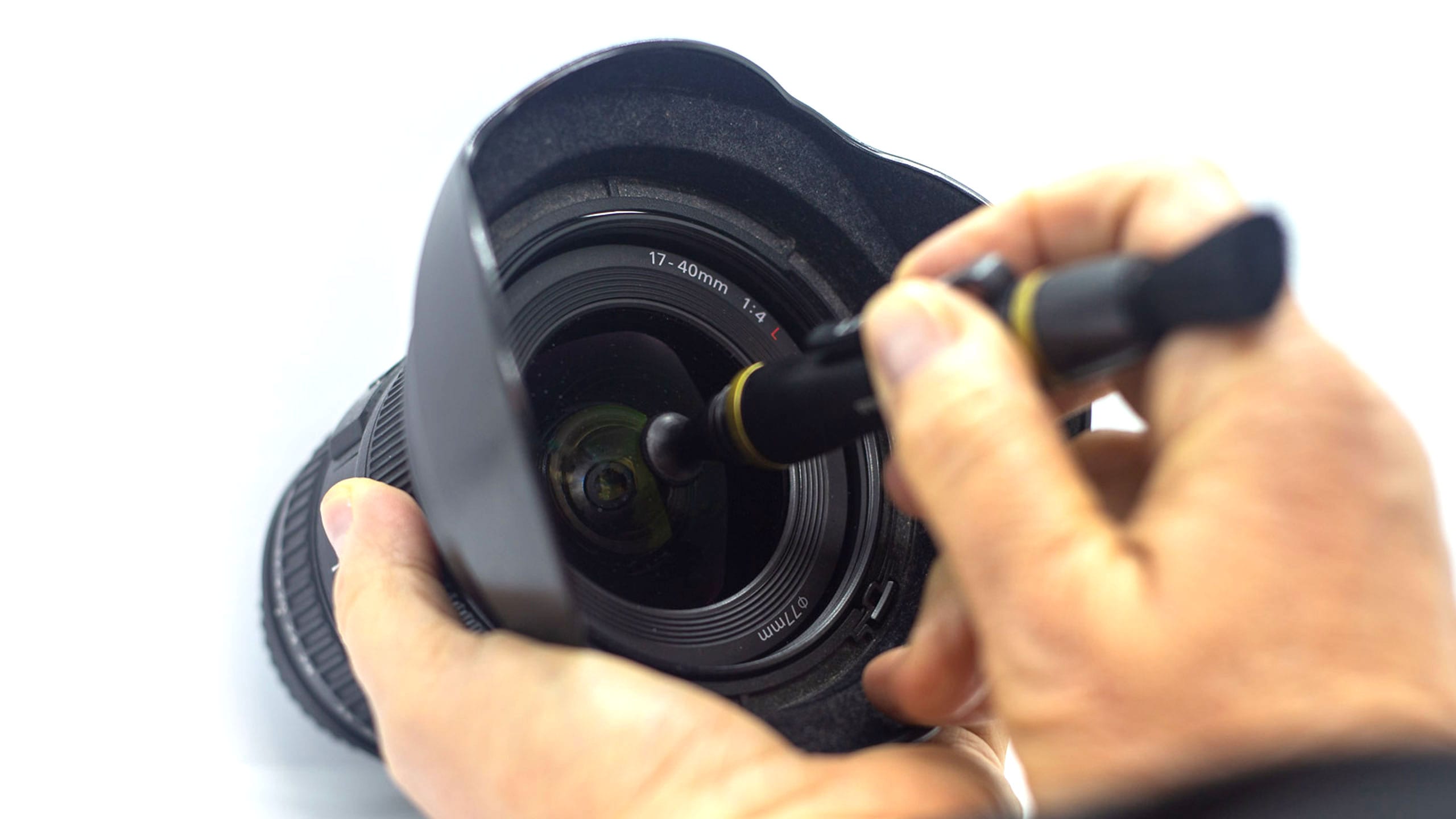What Is a LensPen Why Every Photographer Should Own One
If you’ve never tried cleaning a camera lens with a Lenspen, we have news for you: You’re missing out. It is a useful tool that you can carry around and ensure that your lenses are clean at all times.
But what exactly is LensPane? Are they worth the hype? Here, we’ll discuss how you can use a lenspen and why every photographer needs one in their camera kit.
What is Lenspen?
On the surface of it, the LensPen doesn’t look like much. Prying off the cap reveals a mysterious circular cleaning pad, but it’s not made of microfiber or anything similar.
The humble Lenspen’s claim to fame: An “invisible” carbon compound pad designed and formulated to capture dirt and fingerprint grease on the surface of any glass lens element. This non-liquid cleaning agent ensures a streak-free finish with every swipe.
Reportedly, the inventors of the lenspen owe this innovation to their great-grandmothers. He remembers that these women used to clean windows and glasses with newspapers with carbon prints. the rest is history.
The lenspan design is largely credited with its commercial success – a protective cap prevents the carbon tip from becoming damaged or dirty between uses. They also include a little extendable brush for dust that pops out the other side on command.
LensPens are 100 percent safe for long-term use on all types of lenses, from your pricy Canon kit lenses to your favorite and priciest collection of Zeiss Super Speeds. Filters, screens and viewfinders are also fair game. LensPen has officially won the battle of smudges.
how to use lenspen
A brief disclaimer: You should never use LensPen on wet surfaces or any gear made of plastic, as they are specifically designed for cleaning glass. Otherwise, you could ruin the carbon pad or greatly reduce its power.
If you need to clean your camera’s sensor, Lenspen recommends picking up its SensorClear II Lenspen. It’s also completed with an articulating head to prevent damaging the camera’s sensor in the process.
For everyone else, using the LensPen will be extremely simple. Lenspan recommends first using the built-in brush to remove large pieces of debris before getting down to business to avoid scratching the lens; One wrong particle, and you’re digging straight into the surface of the glass.
It’s a simple process, but we can personally attest to the fact that it’s extremely satisfying. In less than two minutes, your camera gear looks like new. They are also capable of reducing the electrostatic charge of the surface of the glass, preventing it from attracting more dust simply through static cling. LensPens not only clean your lenses—they keep them clean, too.
How does carbon absorb oil?
According to the LensPen website, the carbon pads used by the brand are specially made to target finger oils. However, carbon’s place in the oil-water separation industry goes deeper than camera maintenance.
For example, that makes carbon a great agent to act against things like massive oil spills. It boasts a high surface area, large pore volume, low density, and is extremely stable to boot. This inert and highly selective powerhouse is also environmentally friendly, unlike other chemical agents and detergents that would otherwise be likely to be used.
It’s an intriguing concept—activated carbon aerogels, nanotubes, sponges, coatings, and nanoparticles could be used to extract organic waste from land, water, and any other place where a disaster could strike.
The same principle applies equally to the Lenspen in your pocket. They travel to the lens, filter, or glass of the display, trapping the oil within the pores of the monolayer of the activated carbon pad. Thanks, Sci—another job well done.
different types of lenses
All the biggest names in the camera industry rely on LensPen: Nikon, Canon, and Kodak are all strong proponents of LensPen technology, but they’re not alone, as you’re about to see.
Lenspens are extremely useful, but more importantly, they are affordable for all types of photographers. The basic LensPen will run you around thirteen bucks when you buy direct from the source. But there are a ton of lenspen options designed explicitly for other, non-photography tasks.
LensPen MiniPro for law enforcement is geared towards forensic work tools, such as goggles, binoculars, scopes and dash cams.
The SensorKlear Loupe Kit is NASA’s LensPen Choice offering—it’s a LensPen bundled kit that includes the SensorKlear Loupe and SensorKlear II LensPen for particle detection. Both are gentle enough to use on delicate astrophotography camera sensors; You can also clean your own camera’s sensor using these Lenspen tools.
